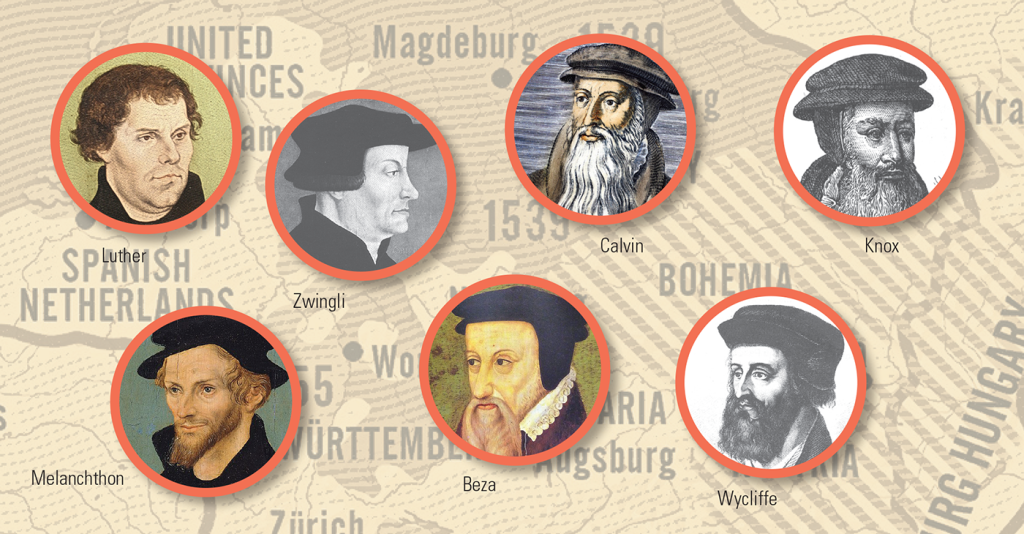The Protestant Reformation was one of the most significant cultural, political, and religious events in the history of Europe and helped shape the modern world. It was a complex event spanning over 100 years, which radically changed the way people understood themselves, society, and ultimately how one defines truth. The Protestant Reformation (1517–1648) helped propel the spread of literacy, since its emphasis was personal piety and appropriation of scripture, including the use of catechisms for children. In Germany, overall literacy was estimated as low as five percent in rural areas, with urban literacy peaking at thirty percent. The Protestant Reformation led to modern democracy, skepticism, capitalism, individualism, civil rights and many other values we cherish today. The Reformation impacted nearly every academic discipline, notably the social sciences, like economics, philosophy and history. Protestants shared three basic convictions: The Bible is the ultimate authority in religious matters, Human beings are saved only by God’s grace and all Christians are priests. The Reformation cost eight million lives. It also redrew the map of Europe.
 Submitted by the Editor
Submitted by the Editor